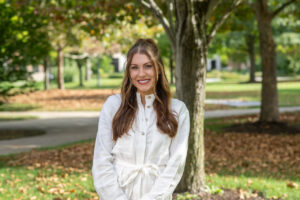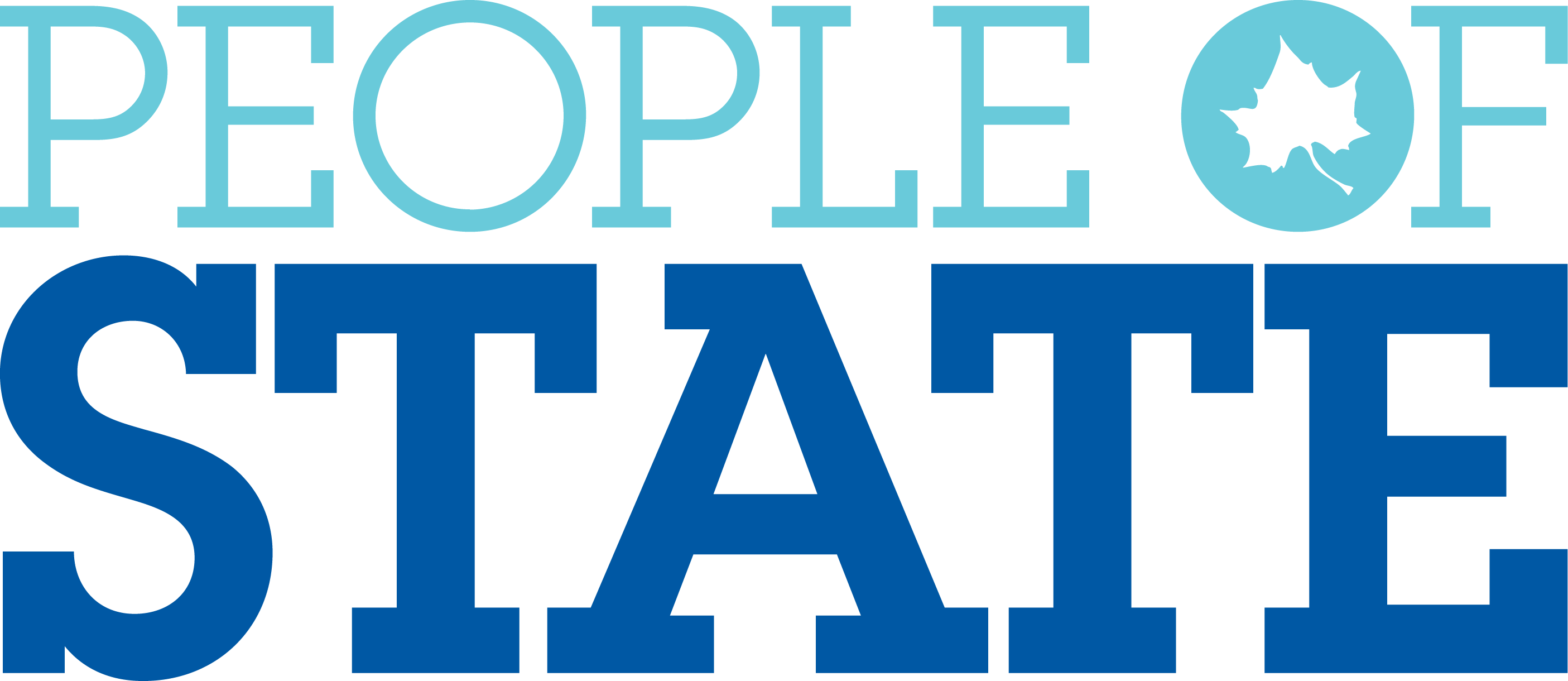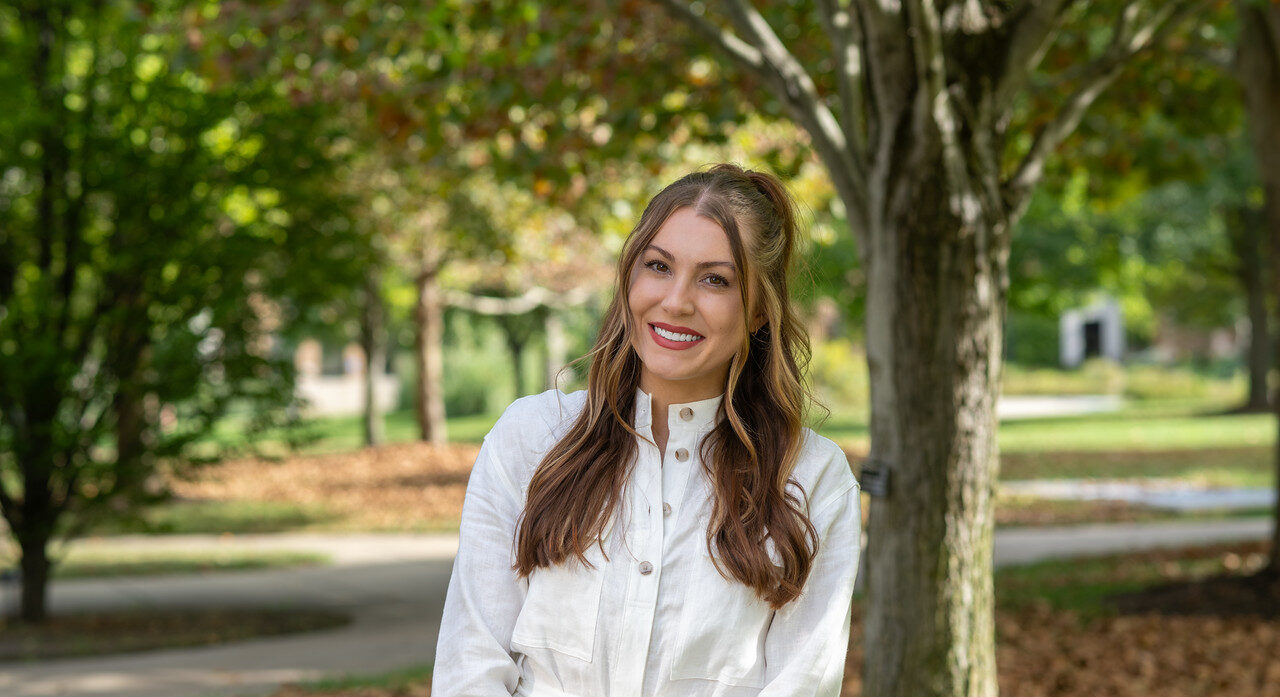
Ashley Matthews
By Kasy Long
Sep 4, 2024
Speech-Language Pathology
Master of Science Student
Ashley Matthews wants to make a difference. Period.
The Speech-Language Pathology graduate student from Crown Point, Indiana knew she wanted to become a speech-language pathologist after job-shadowing a professional during her undergraduate studies. Like a child watching someone make homemade fudge in a storefront window, Matthews was fascinated by everything she saw. It was the “ah-ha” moment she had been waiting for.
She had discovered her passion.
After completing her undergraduate degree, Matthews worked as a speech-language pathology assistant with school-aged students, and then at a speech-language pathology clinic in Scottsdale, Arizona. She knew a master’s degree would be essential to advancing her career. This led her to Indiana State University.
“Indiana State has everything I wanted in my graduate program: the academics, the research, and the clinical experience. Everything is right here on campus or in the Terre Haute community. Indiana State has opened so many doors and pathways to my career,” Matthews says.
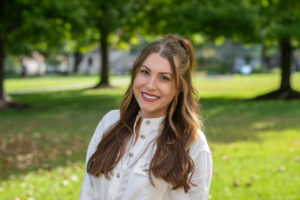
Indiana State’s Master of Science in Speech-Language Pathology program prepares students to work in a variety of settings, such as schools, hospitals, rehabilitation centers, skilled nursing facilities, and private practices. Because humans use their mouths and throats constantly, communication disorders need to be addressed immediately. Indiana State students develop a strong understanding of these disorders and how to assist clients.
“I’ve learned so much in the program. It’s a warm, welcoming program with one-on-one mentorship from my professors. They’ve encouraged me to work with all kinds of clients. I feel prepared to work in any area of speech-language pathology,” Matthews says.
Speech-Language Pathology MS Program Director Vicki Hammen, PhD, encouraged Matthews to work with a voice client while the Sycamore was simultaneously learning about voice disorders and voice interventions in the classroom. Hammen was confident in Matthews’s clinical training.
“We usually expect a student to have completed the coursework about the communication disorder before being assigned a client with that disorder,” Hammen says. “However, after having Ashley as a student in a previous course, I had no doubt that Ashley would be committed to completing the additional preparation that would be needed to provide high-quality services for the client. She is an outstanding student that effectively applies academic knowledge to the clinical setting.”
Matthews appreciates the hands-on training she has gained from her clinical experiences. She comments, “I’ve been fortunate to work with so many clients who have different needs. I’ve worked with clients who struggle to swallow, Parkinson’s disease patients, stroke patients, patients who had traumatic brain injuries, veterans, children with autism, etc. It’s rewarding to be a part of their journey and help them regain or develop their skills.”
With voice intervention, cognitive care, and other research experience, her career possibilities are endless, Matthews says. In recent months, she also had the opportunity to work with a transgender individual on gender-affirming voice services. She hopes to work with similar clients, and clients with voice disorders, in the future.
“As speech-language pathologists, we get to make a difference and impact our clients’ current lives and their quality of life for the future. At the same time, we’re learning about new research in the field so we can provide the best care for our clients. There is always something new to learn,” Matthews explains.
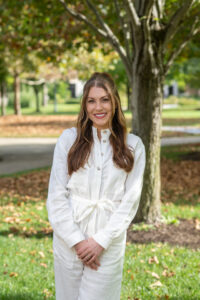
This research has been completed inside the classroom. Alongside Professor of Applied Clinical and Educational Sciences Min Han, PhD, and other students, Matthews wrote a manuscript on school-based speech-language pathologists’ perspectives on the effects of using augmentative and alternative communication devices with children with autism. The manuscript was submitted to the American Speech-Language Hearing Association [ASHA] for publication. In December, Matthews is presenting her research at the 2024 ASHA convention in Seattle, Washington.
“The project helped me learn new perspectives in speech-language pathology but also about research. I might want to do more research in the future. There are so many possibilities,” Matthews says.
In addition to her classroom studies, clinical experiences, and research, Matthews works as a graduate assistant in the Rowe Center for Communicative Disorders located on Indiana State’s campus. The Center offers assessment and treatment for a variety of communication difficulties. Matthews provides clinic tours to prospective graduate students, maintains client paperwork, contacts family members to discuss their goals, organizes testing assessments and materials, and completes other daily tasks.
“I love talking to families who come into the Center. They are very appreciative of our services, and I can see how we’re making a difference in clients’ lives,” she says. “This is how I know I have found my passion and the right career path.”
“This might be cliché,” Matthews says jokingly, “but I know this is my destiny. I was born to do this.”
Everyone should be so lucky to pursue their passion. Indiana State University provides the training and resources for students like Matthews to follow their hearts. And, because of her strong passion, she will continue to go ALL IN on making a difference in the world!
